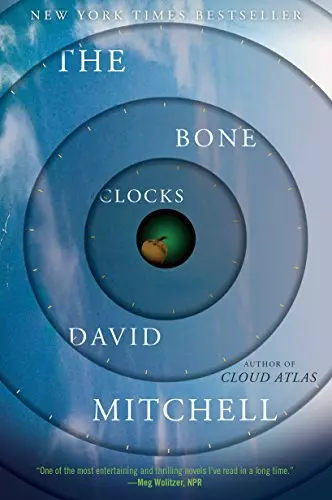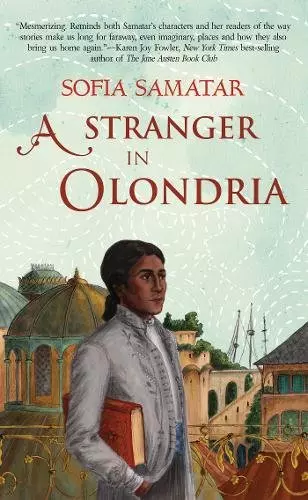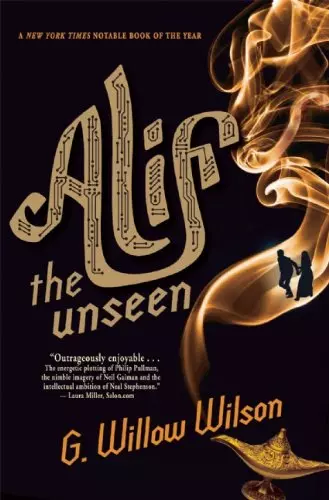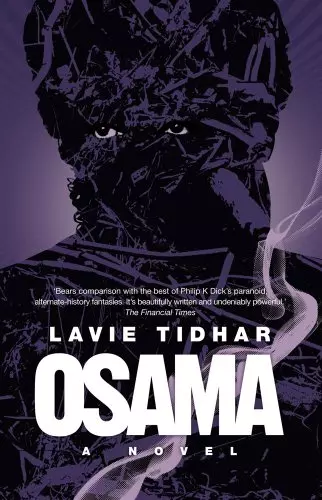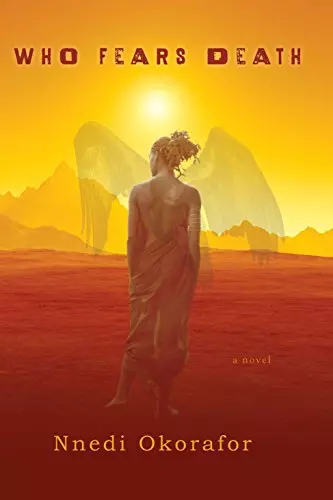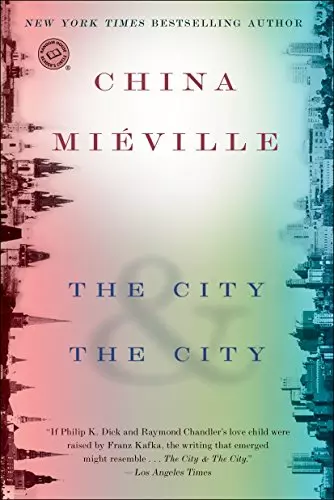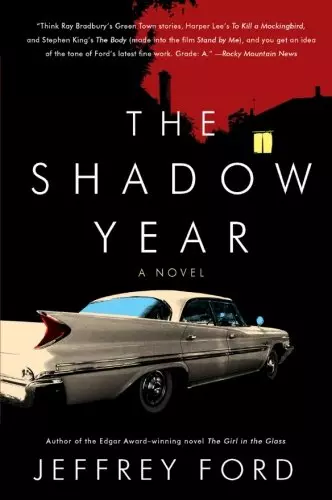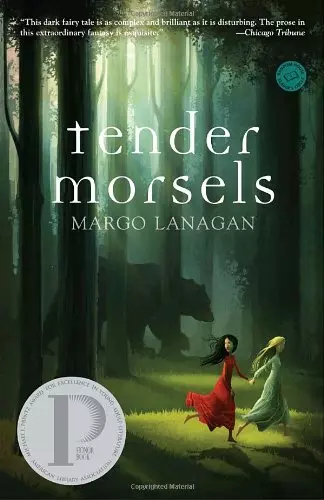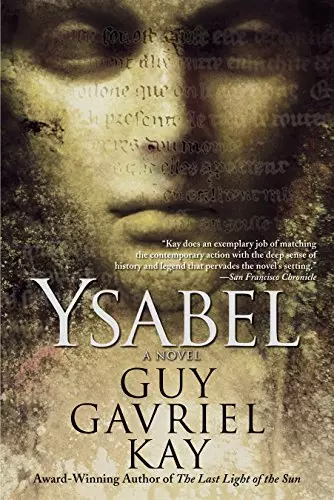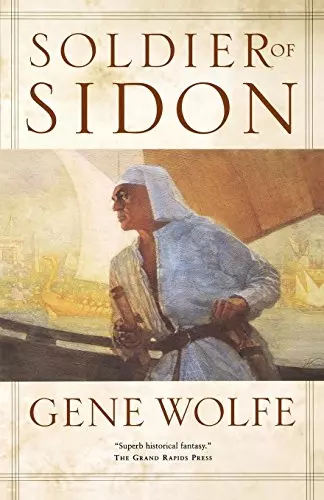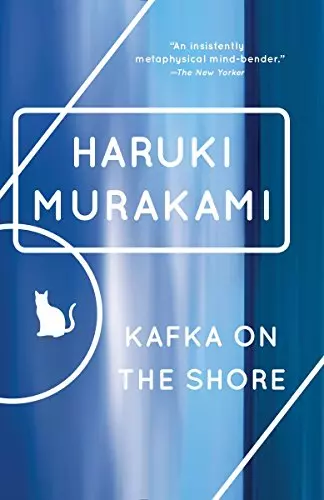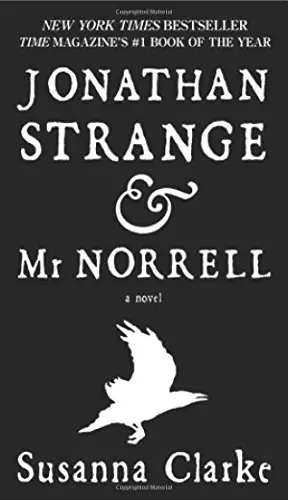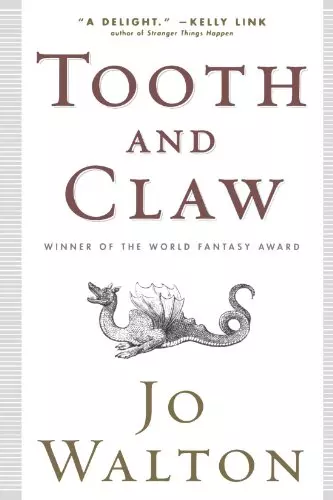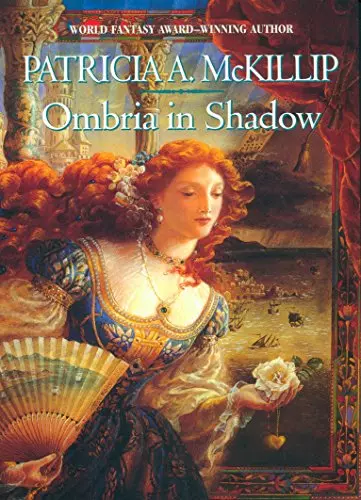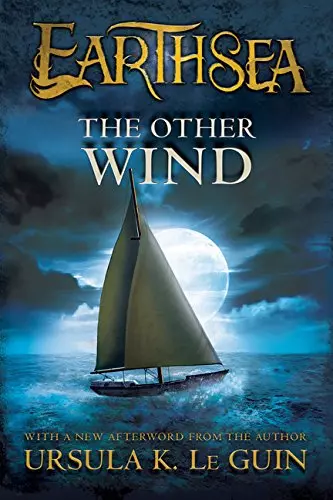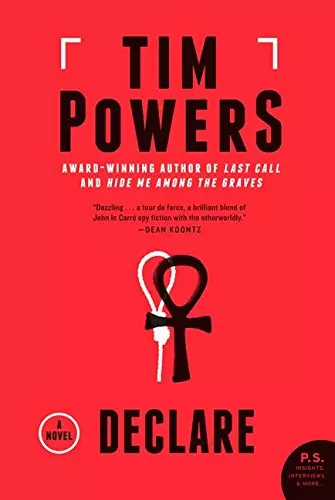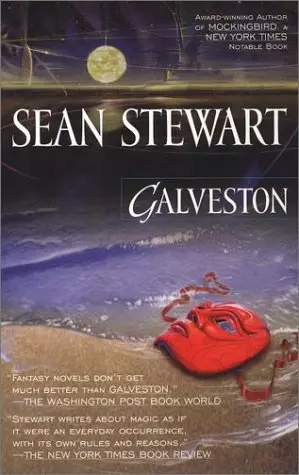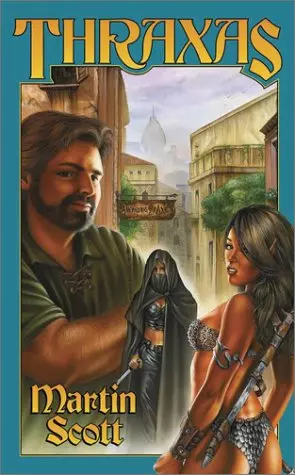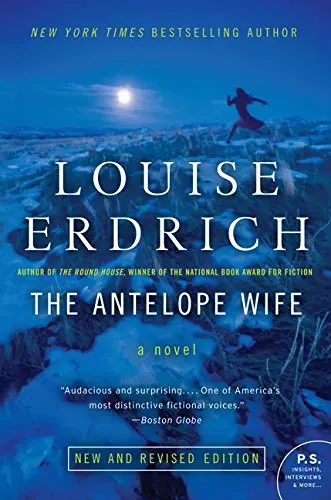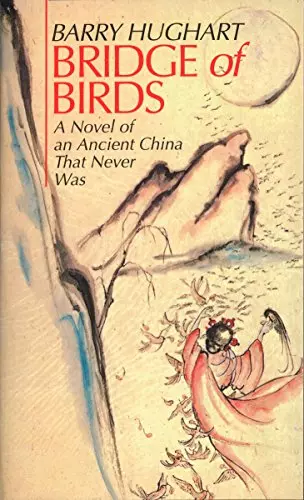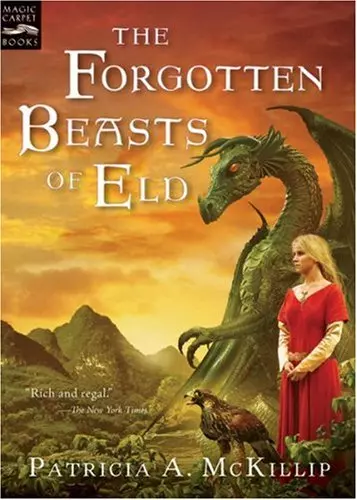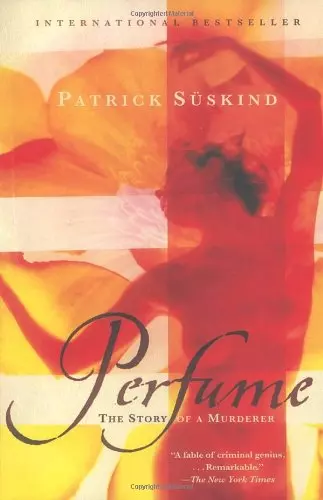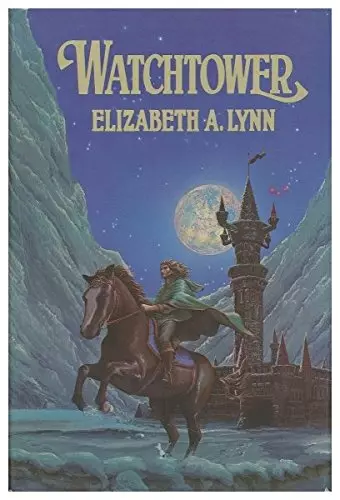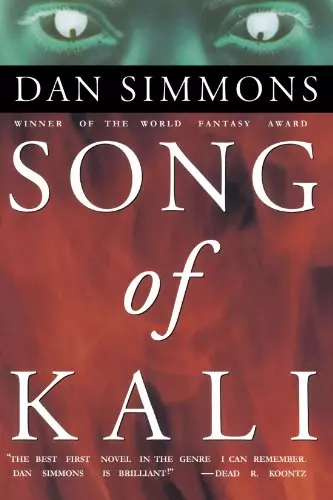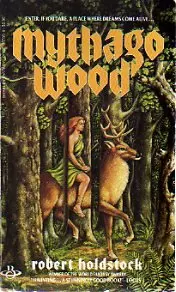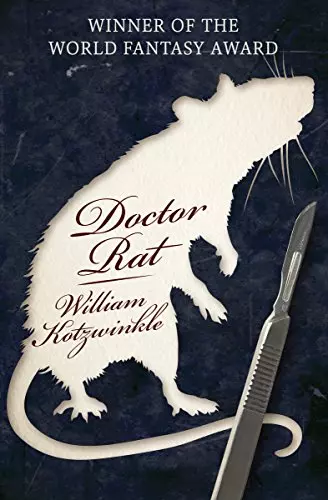World Fantasy Awards for Best Novel
ALL Best Novel Winners from 1975 to present
Each year the World Fantasy Convention awards the years best English language fantasy fiction with the respected World Fantasy Awards prize.
The World Fantasy Awards are, together with the Hugo and Nebula Awards, is one of the most significant and respected speculative fiction awards. These three awards form the award triumvirate -- winning ones of these is a huge accomplishment -- and are considered the highest fantasy fiction award.
The World Fantasy Awards have been described by book critics like The Guardian as a "prestigious fantasy prize".
So winning this award is a very big deal indeed.
To give our readers more recommendations (and help guide your fantasy book selections), we've decided to list all of the past and present Word Fantasy Award winners since the award was first given in 1975 to The Forgotten Beasts of Eld by Patricia A. McKillip.
There are a number of different World Fantasy Award categories (these vary depending on the year); this list gives the World Fantasy Award for Best Novel winners. The Best Novel category is arguably the most prestigious and important of the World Fantasy Awards that are given out each year.
Politics can influence who's nominated and who wins and there's certainly a preference for specific styles of fiction. Just because a novel does NOT win a Nebula, Hugo, or World Fantasy Award does NOT mean it's not an outstanding book!
Thus, the awards are not necessary the only recommendation you should use to choose a good fantasy book. However, a book that wins one of these awards (or nominated for it) signals there's a good deal of critical acclaim behind that book.
So, use this list along with our many other lists to help guide your picks. Some of my favorite fantasy books have won the World Fantasy Award for Best Novel.
You'll also want to check out our other award winning lists we've compiled: Hugo Award for Best Novel and Nebula Award for Best Novel.
Ranked Fantasy Books
Trending Books in World Fantasy Awards for Best Novel
Trending Fantasy Booklists
Best Fantasy Books 2025
The Must-Read Fantasy Releases of 2025 That Fans Are Devouring Worldwide
Top 25 Best Fantasy Books
Love fantasy novels? Hate wasting time reading trash? Then read this definitive guide to the top 25 Fantasy books in the genre.
The Best Sci-Fi Movies
The Best of the Best Science Fiction Movies
Top 50 Best Epic Fantasy
The Absolute Best Epic Fantasy Series
Top 100 Fantasy Books
The Top 100 Best Fantasy Books Ever Written
Top 25 Best Fantasy Audiobooks
The Best Fantasy Audiobooks (Updated 2016)

